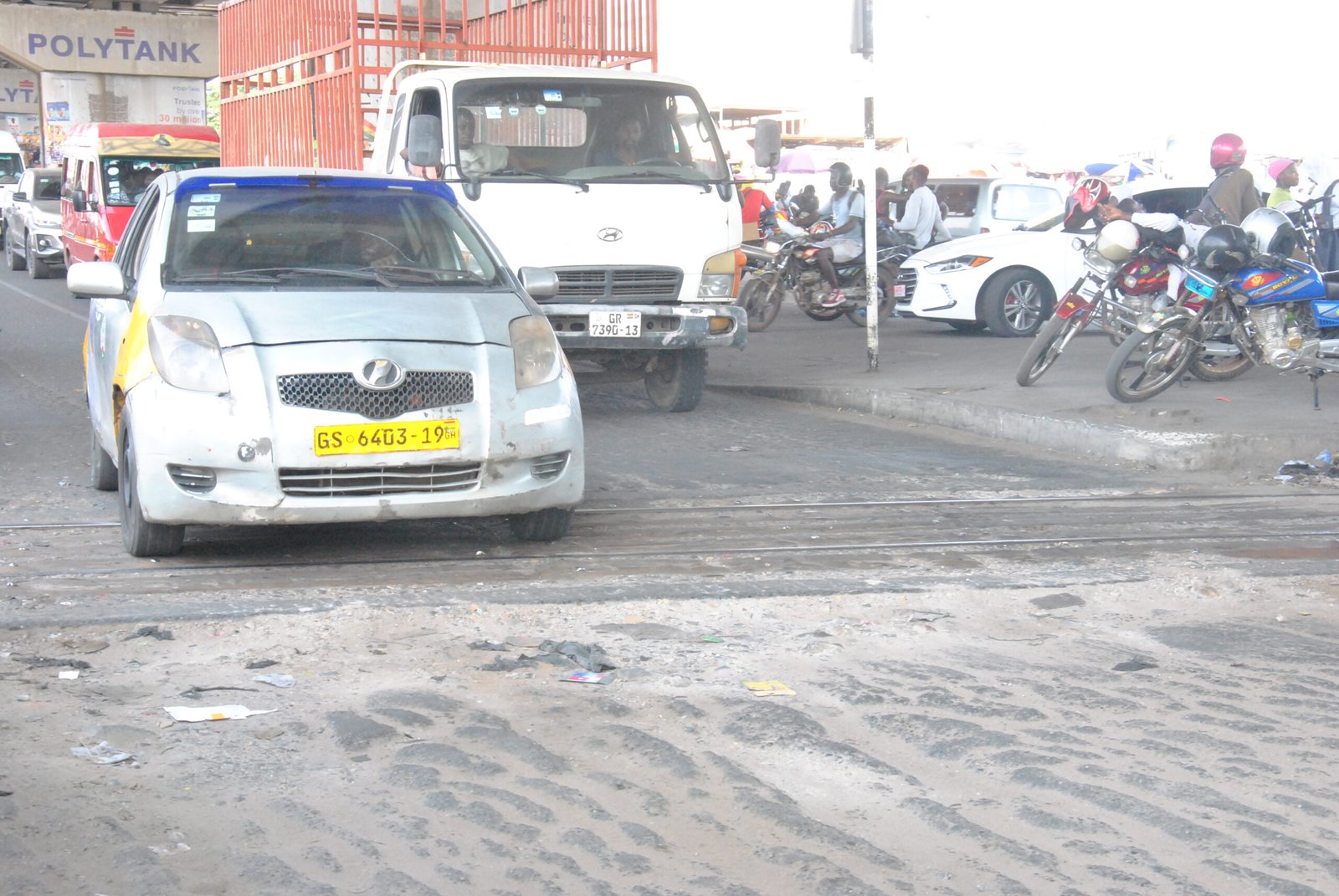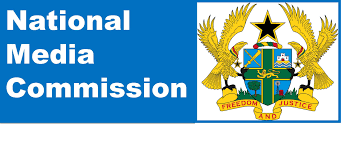Editorial
Fix railway crossing point on Circle-Kaneshie road

Dear Editor,
After the construction of the Kwame Nkrumah Interchange (Accra Dubai), Ghanaian were full of belief that it could solve at least a few of the problems drivers and commuters faced.
But currently, any regular user of the area would confirm that things have rather skyrocketed.
Sanitation is a big issue as the area. Traffic congestion has become something else while street lights and traffic lights in the area are nonfunctional.
Making matters worse is the regular traffic on the stretch of the Circle-Kaneshie caused by the bad nature of the railway crossing.
It is so bad that motorist are forced to slow down to cross from whichever direction they are coming from.
During the rainy season, it becomes worse as vehicles break down in the large pool of water that gathers at the place.
I wish to appeal to the Roads and Highways ministry or whichever agency is responsible for road maintenance to fix that part of the road.
As a result, public transport operators are forced to divert routes to avoid that area and in the process, causing commotion between drivers and passengers.
I feel that problem must be fixed before the rains set in. Thank you for the space.
Awuah Martin,
Kasoa, C/R
Editorial
NMC must enforceguidelines to protectviewers, especially minors

Dear Editor,
I WRITE to express my growing concern about the increasing display of adult content on some television stations in the country.
These programmes, often aired during hours when children are most likely to be watching, pose a serious threat to their moral development and general well-being.
Television remains one of the strongest influences on young people, and stations have a responsibility to ensure that their content reflects the values we seek to instil in our society.
Unfortunately, some channels appear to prioritise sensationalism and profit over public safety and decency.
Such content not only exposes children to material they are not prepared to process but also undermines parents’ efforts to guide their behaviour.
I call on the National Media Commission (NMC) and other regulatory bodies to intensify monitoring and enforce stricter guidelines to protect viewers, especially minors.
Broadcasters must be reminded of their duty to promote responsible and wholesome programming.
Our airwaves should uplift, educate, and inform — not endanger the moral fabric of the next generation.
Eugene Ampiaw,
Accra
Join our WhatsApp Channel now!
https://whatsapp.com/channel/0029VbBElzjInlqHhl1aTU27
Editorial
Balancing faith,discipline at Wesley Girls SHS
Dear Editor,
I AM writing to share my thoughts on the ongoing issue at Wesley Girls’ Senior High School, which has attracted national attention after the Deputy Attorney General released a statement in court.
The matter is about whether Muslim students are being denied the right to freely practice their religion, and whether they are being compelled to follow practices that go against their faith.
To me, this is not just a legal issue but a question of fairness and respect in our schools.
While the Constitution guarantees every student the right to practice their faith, schools also have traditions and rules that must be respected. As the saying goes, “When you go to Rome, you do what Romans do.” If a teacher is teaching, it is not right for a student to suddenly leave for prayers. That disrupts learning.
Instead, schools should provide a clear time and place for worship, so that students can honour their faith without disturbing academic work. There is time for everything; time to learn, and time to pray.
Wesley Girls SHS can continue to uphold its Methodist heritage while also respecting the rights of Muslim students.
This compromise will protect unity and ensure that our schools remain places of both discipline and inclusion.
Princess Wonovi
Accra
Join our WhatsApp Channel now!
https://whatsapp.com/channel/0029VbBElzjInlqHhl1aTU27






